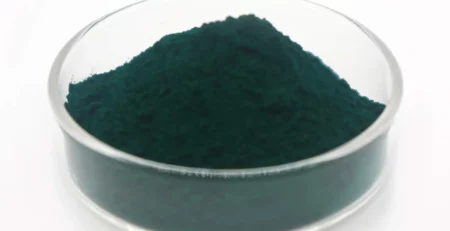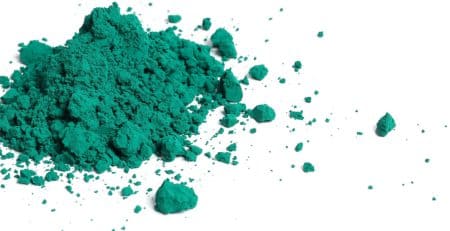Rheologically Stable Pigments for Industrial Applications
Introduction
Hello! I’m Alex, and today we’re diving into the world of rheologically stable pigments and their crucial role in industrial applications. These pigments are designed to maintain consistent rheological properties, ensuring optimal performance in various industrial processes. Through insights from Gajanan Organics, we’ll explore how these specialized pigments are enhancing efficiency and product quality across industries.
1. What are Rheologically Stable Pigments?
Rheologically stable pigments are designed to maintain a consistent viscosity and flow behavior in industrial formulations, crucial for uniform coloration and application.
2. Importance in Industrial Applications
In industries such as automotive, aerospace, and construction, these pigments ensure that coatings and materials have the desired consistency and performance characteristics.
3. Advantages Over Traditional Pigments
These pigments offer superior stability, preventing issues like settling, separation, or changes in viscosity over time, which are critical in high-precision industrial applications.
4. Enhancing Production Efficiency
The use of rheologically stable pigments streamlines the manufacturing process by reducing the need for adjustments and rework, thus enhancing overall production efficiency.
5. Broad Range of Applications
From paints and coatings to plastics and inks, these pigments are versatile and can be used across a wide range of industrial products.
6. Technological Innovations
Ongoing technological advancements are improving the performance of these pigments, including better dispersion, color strength, and environmental sustainability.
7. Customization and Flexibility
Rheologically stable pigments offer a high degree of customization, allowing manufacturers to tailor them to specific applications and performance requirements.
8. Environmental and Safety Aspects
These pigments are developed with an emphasis on environmental safety, adhering to stringent industry regulations and minimizing ecological impact.
9. Future Trends and Developments
The future of rheologically stable pigments includes further advancements in eco-friendliness, functionality under extreme conditions, and compatibility with new materials.
10. Gajanan Organics: A Pioneer in Pigment Innovation
Gajanan Organics is leading the way in the development of rheologically stable pigments, catering to the demanding needs of modern industries.
FAQs
Q1: Why are rheologically stable pigments important in industrial settings? A: They ensure consistent viscosity and flow, critical for achieving uniform coloration and reliable performance in industrial products.
Q2: How do these pigments contribute to efficient manufacturing? A: By maintaining stable rheological properties, these pigments reduce the need for frequent adjustments, leading to more streamlined and efficient manufacturing processes.
Q3: Can these pigments be customized for different industries? A: Yes, they can be tailored in terms of color, viscosity, and other properties to meet specific industry needs and application requirements.
Q4: What innovations are expected in the field of rheologically stable pigments? A: Future developments may focus on enhancing their environmental sustainability, performance in varied conditions, and integration with emerging industrial materials.
Conclusion
In conclusion, rheologically stable pigments are proving to be invaluable in industrial applications, offering consistency, efficiency, and quality. With ongoing innovations from companies like Gajanan Organics, these pigments are set to play an increasingly vital role in various industries. As we move forward, embracing these advanced pigment solutions will be key to meeting the evolving demands of industrial manufacturing. Let’s look forward to the future of industrial applications enhanced by rheologically stable pigments!







